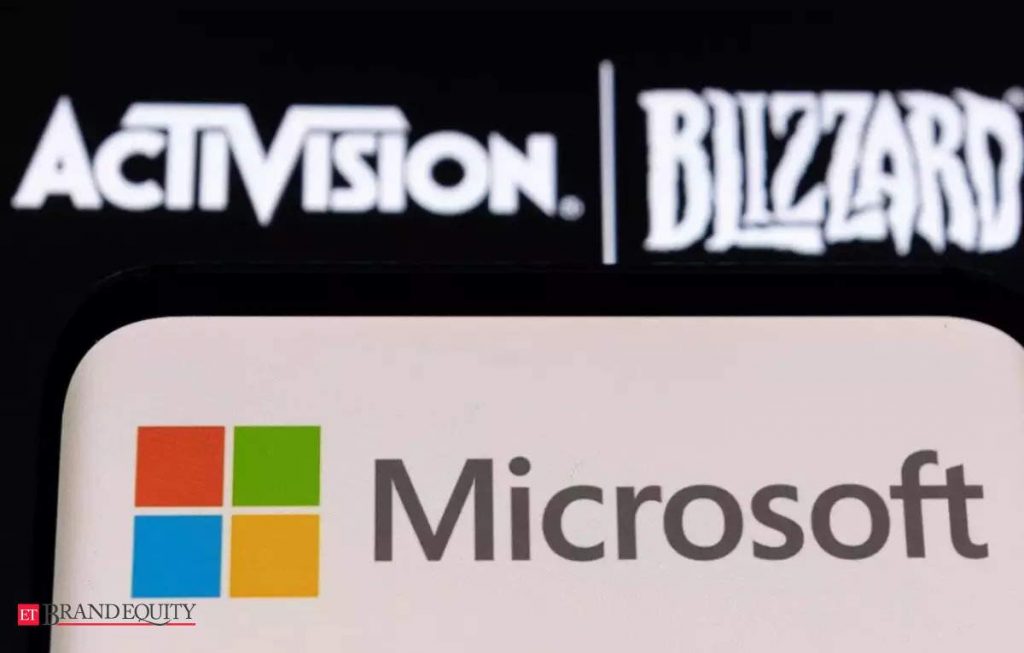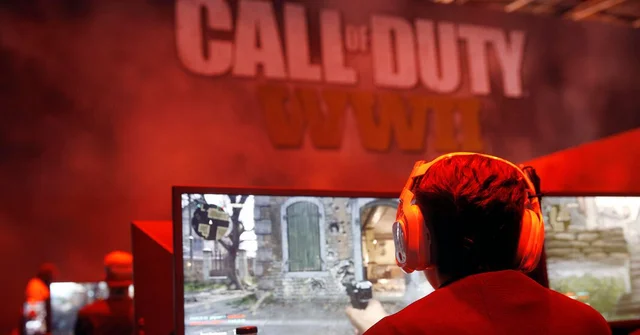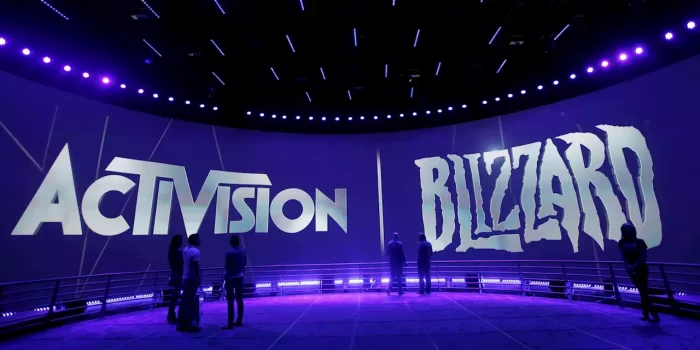The Federal Trade Commission on Thursday sued to block Microsoft’s planned $69 billion takeover of video game company Activision Blizzard, saying it could suppress competitors to Microsoft’s Xbox game console and its growing games subscription business.
The FTC’s challenge could be a test case for President Joe Biden’s mandate to scrutinize big tech mergers. The commission voted 3-1 to issue the complaint after a closed-door meeting, with the three Democratic commissioners voting in favor and the sole Republican voting against.

The complaint points to Microsoft’s previous game acquisitions, especially of well-known developer Bethesda Softworks and its parent company ZeniMax, as an example of where Microsoft is making some upcoming game titles exclusive to Xbox despite assuring European regulators it had no intention to do so.
The US merger challenge reflects the biggest setback yet for Microsoft as it has aggressively courted regulators around the world in hopes of persuading them to bless the deal. It also marks the FTC’s most significant challenge to the tech industry since it sued to break up Facebook-owner Meta in 2020, underscoring US officials’ vocal promises of a tough antitrust enforcement agenda.

“This is the boldest move the Biden administration has made so far to police mergers involving Big Tech and to expand the realm of merger enforcement,” said William Kovacic, a law professor at George Washington University and a former FTC chairman. “More than anything else they’ve done, this embodies their commitment to get tough on mergers.”
Microsoft’s proposed deal would give it control over key video game franchises, including “Call of Duty,” “World of Warcraft” and more. That could give it enormous influence over the future of a multibillion-dollar industry, the FTC said. “Today we seek to stop Microsoft from gaining control over a leading independent game studio and using it to harm competition in multiple dynamic and fast-growing gaming markets,” said Holly Vedova, director of the FTC’s Bureau of Competition, in a statement.


